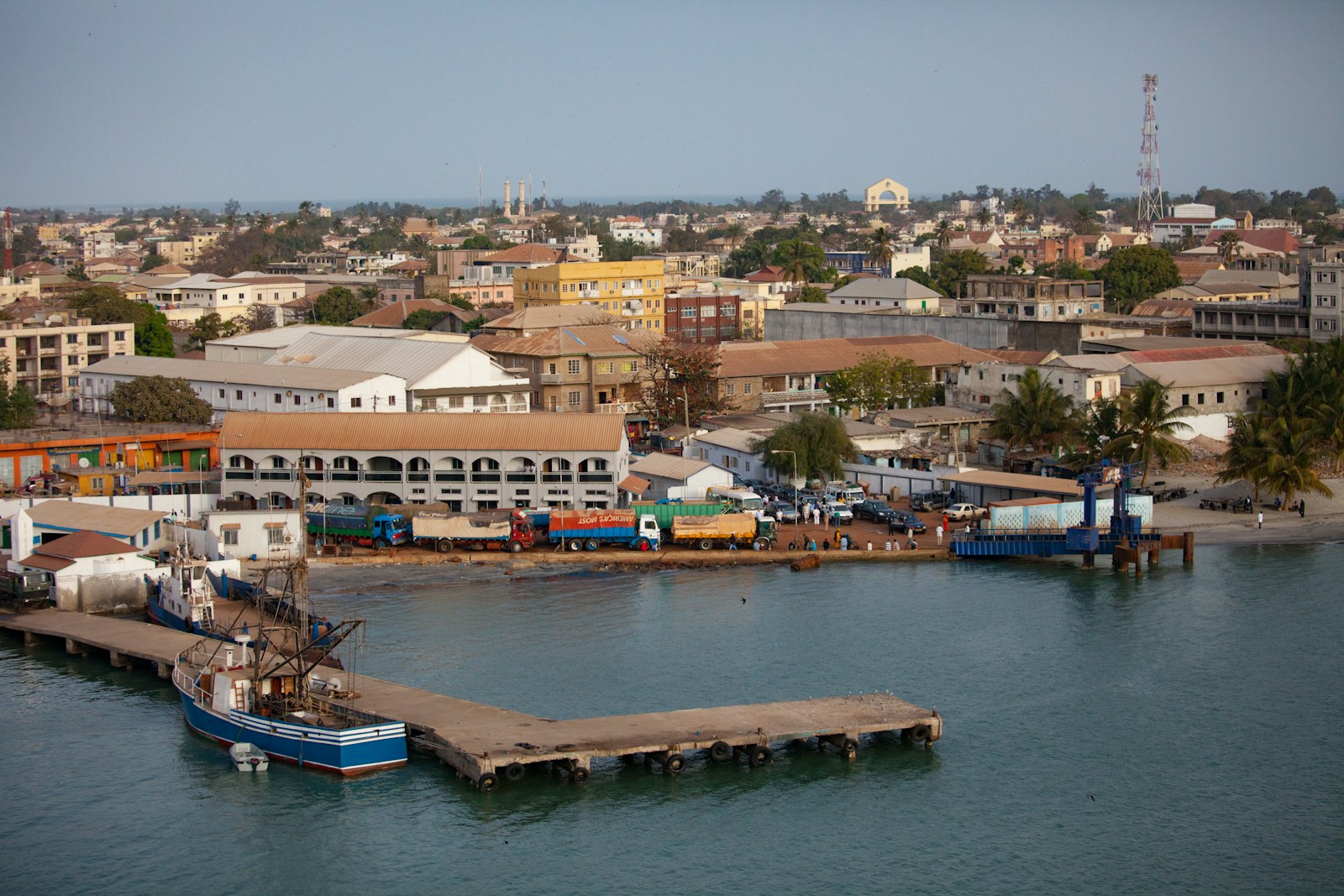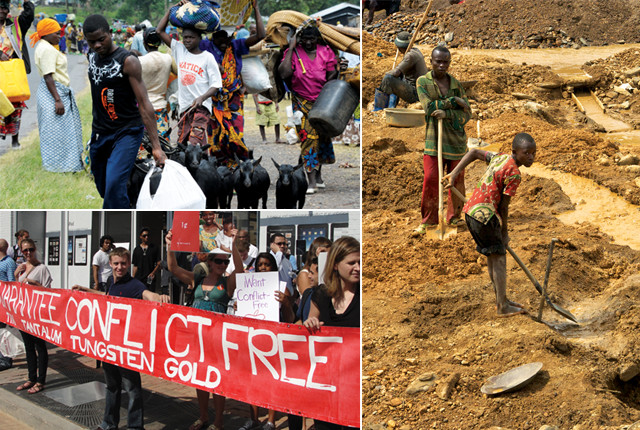The Deadlock of The Gambia’s New Constitution: 5 Key Reasons Behind the Stalemate
In recent years, The Gambia has made strides toward rebuilding its democratic institutions after the fall of former President Yahya Jammeh’s regime. A central aspect of this rebuilding process was the drafting of a new national constitution to replace the outdated and controversial 1997 document. However, despite significant efforts, the process has reached an impasse, leaving the country without the hoped-for constitutional overhaul. Several critical issues have contributed to this deadlock, and understanding these challenges is essential for those hoping to see meaningful reform in the future.
1. Political Divisions and Lack of Consensus
One of the main reasons for the stagnation of the constitutional process is the deep political divisions that still persist in the country. The Gambia’s political landscape is characterized by multiple factions, each with its own agenda. While the ruling party, the United Democratic Party (UDP), advocates for a progressive and democratic constitution, opposition groups have raised concerns about the fairness and inclusivity of the drafting process. These differing views have prevented the formation of a broad-based agreement, a critical step in any successful constitutional reform.
Moreover, political leaders are often reluctant to compromise on certain issues, especially when it comes to questions of executive power and the role of the president. For example, debates over presidential term limits and the distribution of power between the president, parliament, and judiciary have remained highly contentious. These disagreements have effectively stalled progress, as no consensus has been reached on how to structure the country’s governance moving forward.
2. Public Disillusionment and Lack of Trust in the Process
Another significant factor contributing to the constitutional deadlock is public disillusionment. Many Gambians view the constitutional reform process with skepticism, fearing that it may ultimately fail to bring about the desired changes. This lack of public trust has been exacerbated by the slow pace of the drafting process and the perceived lack of genuine political will to deliver a constitution that reflects the needs and aspirations of the people.
In many cases, citizens feel excluded from the process, as consultations and discussions are seen as superficial or tokenistic. This has led to growing frustration among Gambians who had hoped for a more participatory and transparent constitutional reform process. The absence of meaningful dialogue between the government and civil society has further alienated the public, making it harder for the authorities to gain the necessary public support to move the process forward.
3. Institutional Weaknesses and Lack of Technical Capacity
In addition to political and public challenges, The Gambia’s institutional weaknesses have played a crucial role in the delay of constitutional reforms. The country’s governance structures, especially in the legal and parliamentary sectors, continue to suffer from a lack of technical capacity. Many of the individuals involved in the constitutional drafting process lack the expertise and experience needed to navigate complex legal and constitutional matters effectively.
For instance, there is a shortage of qualified legal experts who can ensure that the proposed constitution aligns with international human rights standards and best practices. Furthermore, the administrative capacity to organize and facilitate extensive public consultations has been limited. As a result, important steps in the drafting process, such as gathering feedback from citizens, have been delayed or inadequately executed.
4. The Role of External Influences
External actors, including international organizations and foreign governments, have also had a significant impact on the constitutional reform process. While some have provided valuable support in terms of technical assistance and funding, others have been accused of exerting undue influence on the drafting process. This has led to concerns that the new constitution may reflect foreign interests rather than the will of the Gambian people.
Some critics argue that international donors and partners, particularly those with strategic interests in the region, have been overly involved in shaping the reform process. This has raised questions about the degree of independence and sovereignty in the drafting of the new constitution. While international support is crucial, it is essential that the Gambia’s constitutional reform reflects the country’s unique political, cultural, and social realities, rather than being shaped by external pressures.
5. The Timing and Political Context
Timing has also played a significant role in the constitutional impasse. The Gambia has been grappling with a series of political transitions since the end of Jammeh’s rule. The transition to a more democratic governance system has been complicated by shifting political dynamics, changing alliances, and the evolving relationship between the government and opposition parties. As a result, the constitutional reform process has often been sidelined by more immediate political concerns, such as electoral processes and the stabilization of the new administration.
Furthermore, the ongoing political uncertainty has made it difficult to focus on long-term reforms, such as the drafting of a new constitution. In this volatile political environment, the constitutional debate often takes a backseat to short-term political interests, further delaying progress.
Conclusion: Moving Beyond the Deadlock
The challenges facing The Gambia in its quest to adopt a new constitution are complex and multifaceted. From political divisions and public disillusionment to institutional weaknesses and external influences, the process has become bogged down at nearly every stage. However, there are still opportunities for progress. If political leaders can overcome their divisions and work toward a consensus-based approach, and if the public can be meaningfully involved in the process, a new constitution that reflects the will of the Gambian people may yet be achievable.
Ultimately, the key to unlocking the deadlock lies in creating a more inclusive and transparent process, one that prioritizes the needs and aspirations of all Gambians over political agendas and external pressures. Only then can the country hope to realize the full potential of a new, democratic constitution that will guide The Gambia toward a more stable and prosperous future.
For more news: africaciviclens.com




